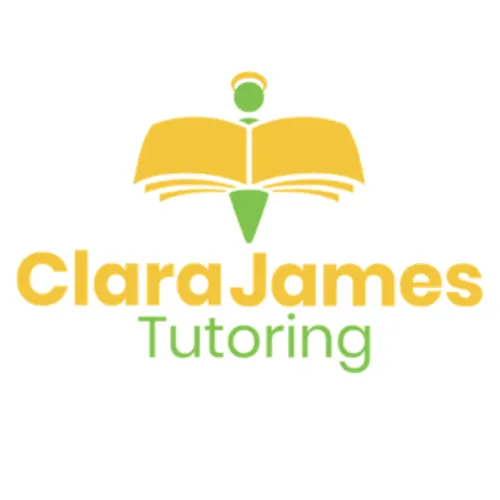Clara James Franchise
BLOG POSTS

Revising GCSE maths
Revising maths
Over the past couple of weeks, I’ve shared a few hints on revising but looking back they are pretty much based on English. So, what about maths?
These would be my top maths revision recommendations:
· Always use a minimum of 5 colours, and make revision visually appealing (you're more likely to go back and revise it if it looks more inspiring than a sheet of paper with black writing...
· Past papers are helpful (MME is a good website as they have a lot of model answers as well as the mark scheme) but don't use them in isolation. The more variety of resources you use, the more memories you will create making it easier to recall the information when you are sat in the exam. The more active you are in the tasks the stronger the memory will be. For example, glancing over your notes will create a fairly weak memory, creating those notes by hand with a variety of colours, images, and fonts will create a far stronger memory.
· What I would suggest is use past papers to highlight areas you want to revise then revise by making mind maps (or anything creative) to help you to remember them
· Even make the formulas out of playdough or something! Not only will be fun but also effective as you would be more inclined to remember them as you are doing something more active.
· Explain how you do things to the family pets or anyone who is willing to listen because the more you explain it to someone else, the more likely it is to make sense to the person explaining it. Often whilst explaining it you will get the Eureka moment when it suddenly clicks and seems logical
· Don't sit down for too long to revise, just do short periods. Commit to 25 or 30 minutes maybe twice a day. May be create a ‘reward chart’ like young children have when they brush their teeth, accept use yours to watch the progress you are making with revision. Even better record what you have done each time so that you can see how far you have come. Plan in advance how you are going to use your time, so it doesn’t become 15 minutes of procrastination or preparation and just a couple of minutes of actual revision.
· Highlight, celebrate your wins no matter how small.
· Watch YouTube clips to help you understand things. But also, on the days when you can’t be bothered watching how to do something will have a lot more benefit than doing something but still takes little effort. Often once you get started it really doesn’t seem so much effort after all.
· Remember you don’t need to sit at a desk to revise. Sit where you are most comfortable, in an environment that is most productive for you.
My brain has now gone blank... Do you get my weekly waffly emails on maths, English, revision? If you don’t and you want them, just message me or email: [email protected] and I will make sure I send them to you as well. You can unsubscribe at any time, but may be occasionally you’ll find a nugget of something useful in there…


